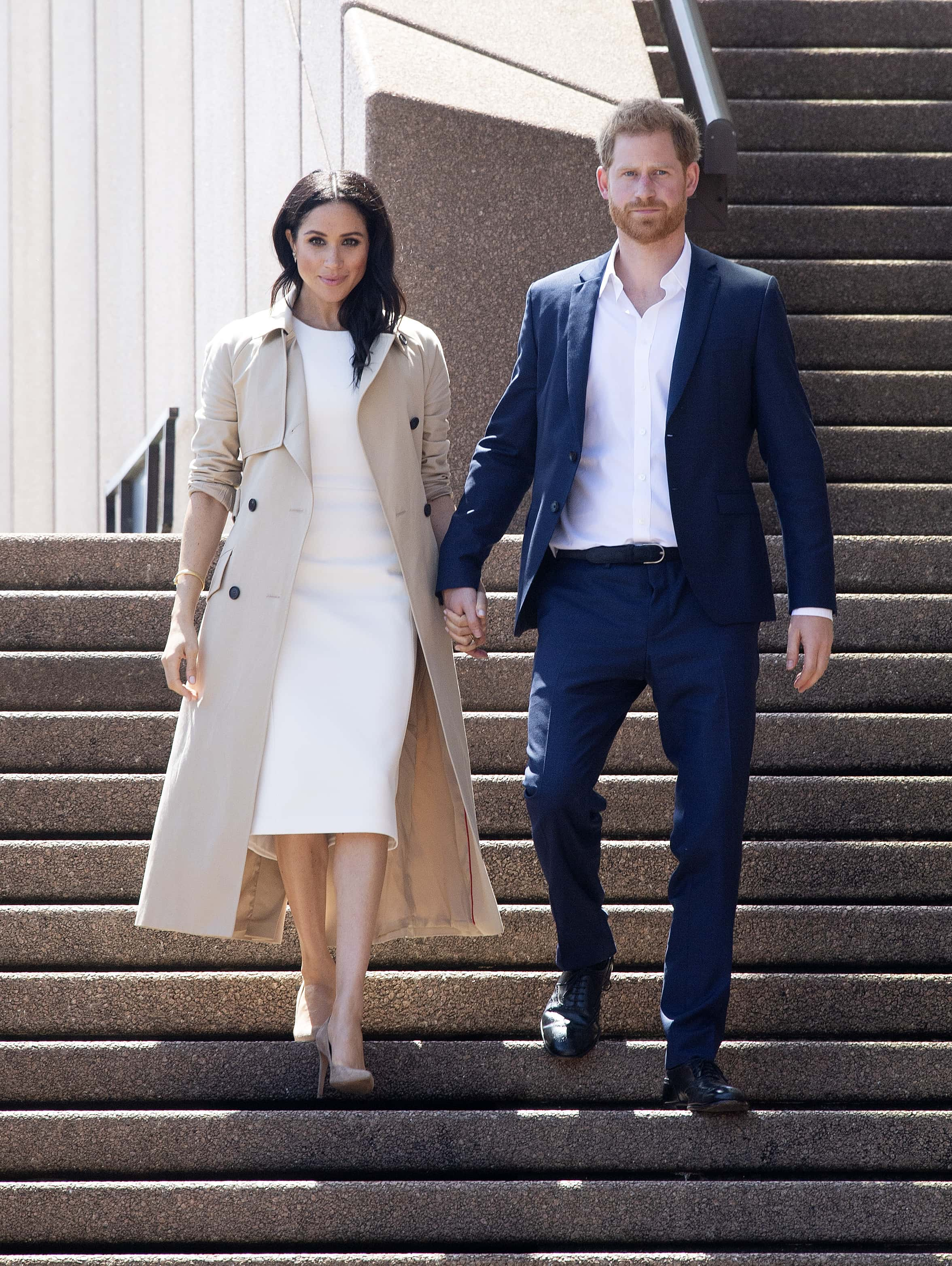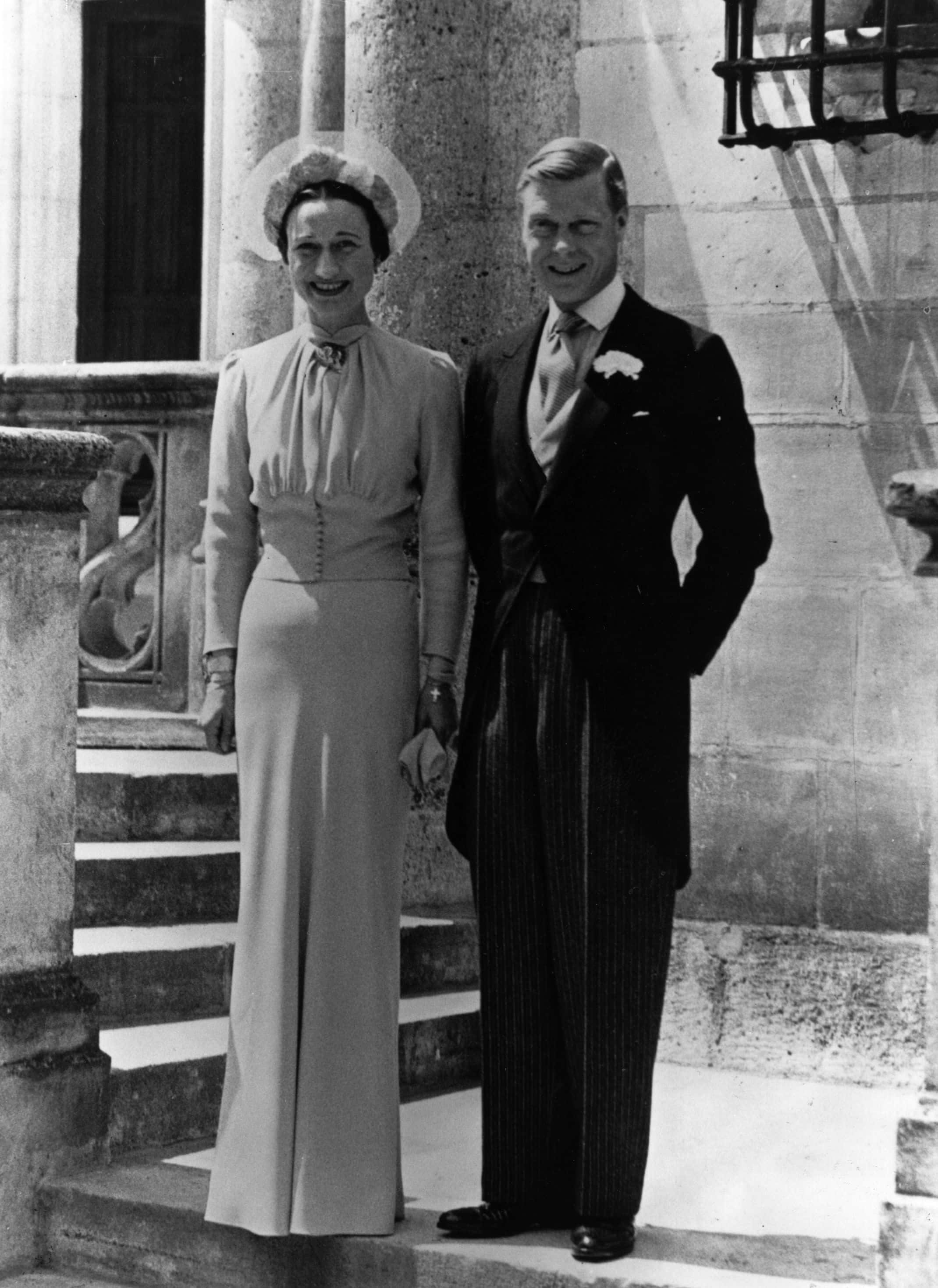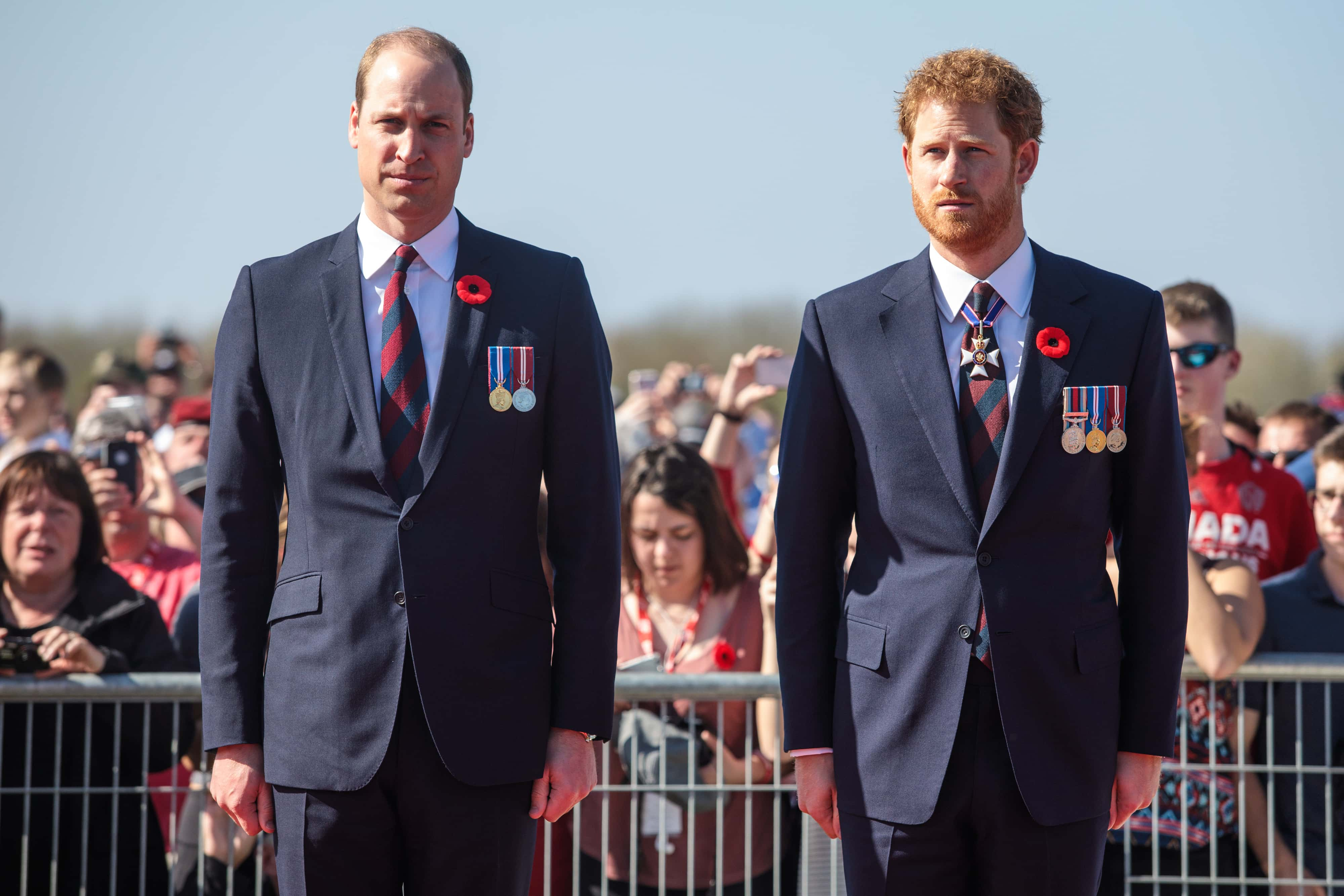Harry worse than Edward VIII for complaining about money, says expert: 'Duke of Windsor didn't moan in public'

After Harry revealed how he and Meghan Markle depended on the funds left by his mother Diana after Megxit, he has been compared to Edward VIII, Duke of Windsor, who abdicated the throne to marry Wallis Simpson, an American socialite and divorcee. Journalist Dominic Lawson drew the comparison between the two, criticizing Harry, 36, for complaining about money in the Oprah Winfrey interview when people around the globe were struggling financially because of the coronavirus pandemic.
Lawson condemned Harry for saying during the March 7 interview that his family “literally cut me off financially” after Megxit and complaining about the couple's security detail being removed. Commenting on this in a column he wrote for The Daily Mail, he wrote: “Well, yes, the Canadian government did not want to pick up the tab for that; and neither would British taxpayers want, in perpetuity, to fund round-the-clock bodyguards for the self-exiling couple.”
READ MORE
He then gave examples of other members of the royal family, who don't work for 'The Firm' full-time, and thus also don't receive protection 24/7. The journalist said, “As it happens, even the Princess Royal gets security solely when she is performing royal duties — and Anne is the only member of the royal family who has been the victim of a kidnapping attempt. Full-time protection, said to be costing around £500,000 a year, was also withdrawn from the Duke and Duchess of York's daughters in 2011. Prince Andrew was furious about that because it represented a loss of status, not because he could point to genuine threats to the safety of Princesses Beatrice and Eugenie.”
Lawson also criticized the Sussexes for assuming that Prince Charles would give funds for security services and a lavish lifestyle. “Harry is already a very wealthy 36-year-old, thanks in large part to the consequences of the divorce agreed between Charles and Diana. That settled almost £20 million on Diana, a sum which, after her appallingly early death, was inherited in trust by her two young sons in equal proportion. William and Harry are also believed to be beneficiaries, to the tune of many millions of pounds, of the Queen Elizabeth Trust fund — the legacy of the late Queen Mother. And the Duchess of Sussex is thought to be a wealthy woman in her own right, from her successful career as a star on US television,” the 64-year-old noted, before adding: “In his interview last week, Prince Harry also complained that his father had 'stopped taking my calls'. It has been claimed that these calls had all been focused on demands for help with the Duke and Duchess's desired protection. More money, in other words.”

Later, Lawson drew comparisons between Harry and Edward VIII, who became the king of the UK and the Dominions of the British Empire, and Emperor of India, in January 1936. But the same year in December, he voluntarily abdicated the throne after marrying Wallis Simpson.
He stated, “There is a ghostly echo here of the way in which demands for money poisoned the relationship between the Duke of Windsor (as Edward VIII became after his abdication) and his brother, King George VI.”

Continuing further, he said, “Edward had managed to wring an annual allowance of $34,858 (£25,000) — equivalent to just over $ 2.43 million (£1.75 million) in today's much devalued currency — and a lump sum of $418,225 (£300,000) (about £21 million now) in exchange for the royal residences of Sandringham and Balmoral. But still Edward kept pestering his brother, now the King, for more financial support... until, eventually, George told his staff not to put through any more phone calls from the Duke of Windsor.”
To make his point clearer, Lawson quoted historian Andrew Roberts, who had said, “The way in which some very rich people consider themselves to be strapped for cash is an interesting psychological phenomenon, and it is particularly to be found among members of the royal families.” He then went on to say how the late 1936 event was “most unusual” as it “propelled the younger brother into the position of power and the elder brother into that of petitioner. The tradition of the British aristocracy is that the firstborn son gets everything: the title, the estates, and all the income that they generate.”
Lawson then pointed out the contradiction in Harry’s case since he is the younger brother, who has left the Palace by his own choice, but expects everything and gets frustrated after his expectations do not get fulfilled. “The difference of status between William and Harry could also be seen, more domestically, by the fact that when he and Meghan lived at Kensington Palace, they [William and Kate] occupied the relatively small Nottingham Cottage, while the Cambridges had the much grander Apartment 1A. And, once William became a father, Prince Harry was no longer even the 'spare' (as in 'the heir and the spare' — the term used in English landed families for two male offspring). The line of succession, through the Cambridges' own children, required no input from him. This matter of status does seem to bother Prince Harry, despite his view, as told to Oprah Winfrey, that he is glad to have escaped the system which he claims has 'trapped' his father and brother,” he mentioned.

Explaining why Charles cut his younger son financially off, Lawson said, “Incidentally, the Sussexes have taken on a large PR team of their own, which includes the Hollywood firm Sunshine Sachs. They do not come cheap. And I imagine these PR advisers had been paid to war-game the Oprah Winfrey interview with Meghan and Harry: how to make the maximum impact and how best to sway public opinion behind them.
"It must have occurred to Prince Charles (or certainly those who advise the Prince of Wales) that in giving more money to Harry, he might unwittingly be financing those who were, as we now know, preparing the ground for a calculated trashing of the Royal Family in order to boost the value of their own media brand. No wonder Charles decided to stop signing the cheques.”
“And what a distasteful spectacle was this globally broadcast complaint about money by multimillionaires, when billions across the planet are facing exceptional financial hardship as a result of Covid-19. At least the Duke of Windsor didn't do his money-moaning in public," he concluded.










